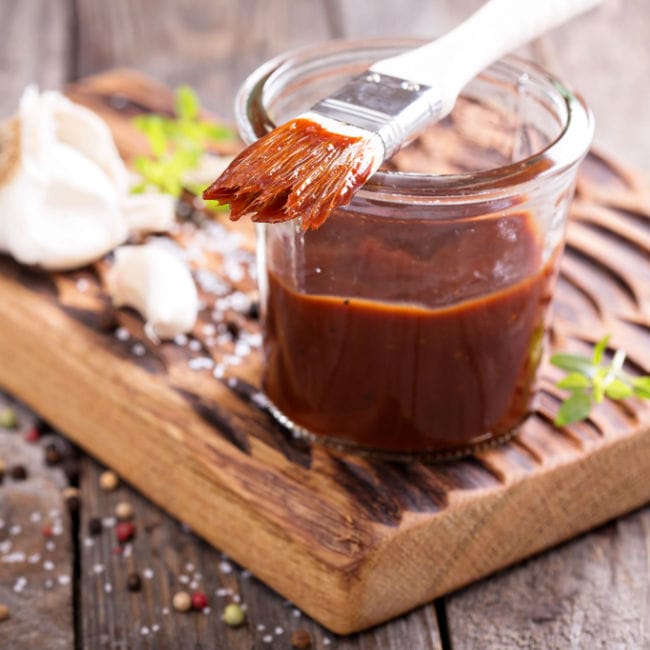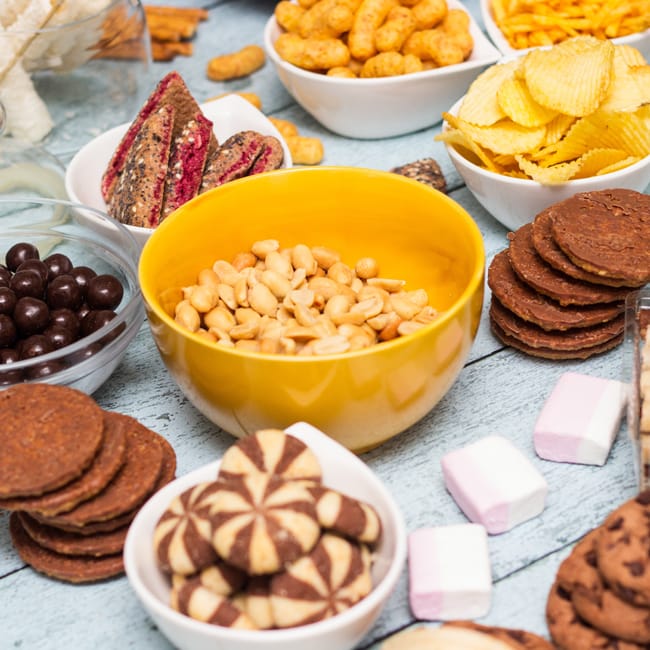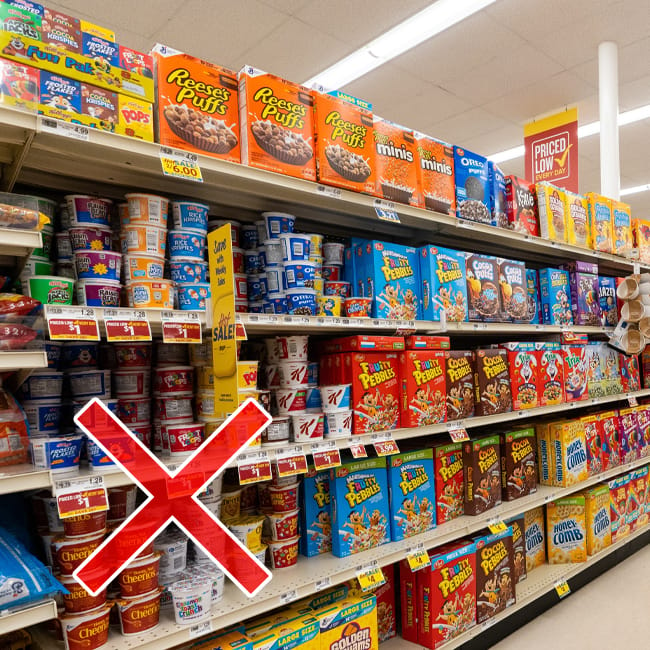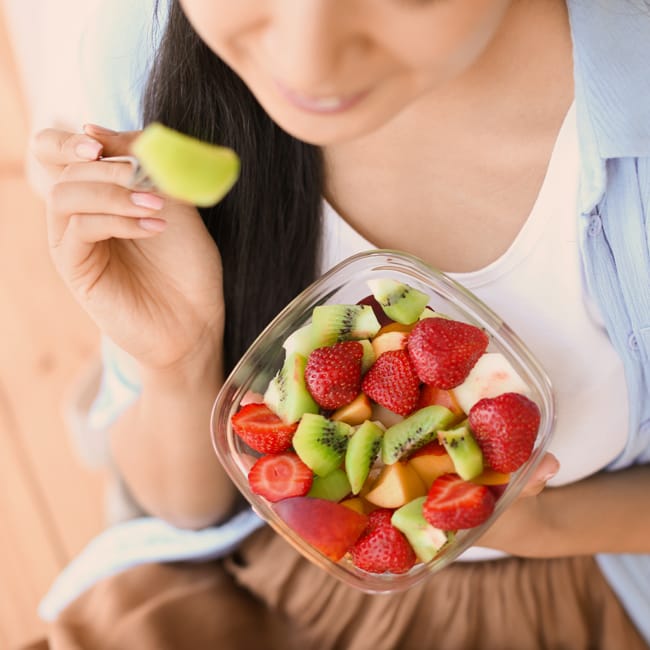As we enter spring, you may have some newfound motivation when it comes to your health. Unfortunately, warmer weather also comes with many tempting opportunities to overindulge in processed foods, sugary drinks, and more—but that doesn’t mean there aren’t steps you can take to enjoy the season (and great food) without compromising your health. For example, when cookout season rolls around, it may be in your best interest to avoid some popular condiments, as many of them could take a toll on your health and weight loss goals. But luckily, there are healthy alternatives you can swap them with that will still please your taste buds!
To shed some light on a few examples of inflammatory, fattening condiments you may want to cut out this spring and some great options to reach for instead, we spoke to dietitian Krutika Nanavati. She told us that mayonnaise, ketchup, barbecue sauce, soy sauce, and creamy salad dressings are a few major culprits, but there are plenty of tasty alternatives. Find all of her expert insight below.
.


1. Mayonnaise
Mayonnaise, a staple in many dishes, unfortunately comes with undoubtable downsides. As Krutika Nanavati points out, "Mayonnaise is high in calories and saturated fats that can increase inflammation and lead to weight gain." This seemingly harmless condiment can pack a significant punch when it comes to unwanted health effects. Nanavati recommends turning to avocado-based spreads instead, praising their richness in healthy fats that combat inflammation while imparting a creamy texture and delightful flavor to dishes. Yum!

2. Ketchup
Potentially the most popular condiment of all, ketchup is often slathered generously onto burgers and fries—but its sweet tang can come with a price. Nanavati cautions, "Ketchup is often laden with high fructose corn syrup and other sugars, elevating blood sugar levels and promoting inflammatory responses." It's a reminder that even the simplest of condiments can have significant effects on health. Nanavati suggests opting for fresh or roasted tomato salsa, extolling its low-sugar content and antioxidant-rich profile as a superior choice for flavor enhancement without the detrimental health effects.

3. Barbecue Sauce
As the days get warmer, barbecues and cookouts will likely become more frequent. Unfortunately, barbecue sauce should be consumed in moderation if you're after a healthy body. Nanavati warns, "Many barbecue sauces contain high levels of sugar and preservatives, which can trigger inflammation and contribute to unwanted weight gain." It's no secret that sugar comes with many risks, and it's important to remember that it can easily sneak its way into your diet through some of your favorite condiments. Homemade barbecue sauces, crafted with natural sweeteners like honey and a vinegar base, stand out as a flavorful yet healthier substitute, allowing for guilt-free enjoyment without compromising health.

4. Soy Sauce
A ubiquitous addition to Asian-inspired dishes, soy sauce can unfortunately take a toll on your health when consumed in excess. Nanavati highlights its sodium content, cautioning, "Soy sauce is high in sodium, which can lead to water retention and increased blood pressure, indirectly affecting inflammation and leading to weight gain." It's a reminder to consider the effects of even the most commonplace condiments. Nanavati recommends coconut aminos as a lower sodium alternative, preserving the beloved umami flavor profile without the adverse health effects associated with excessive sodium intake. Perfect!

5. Salad Dressings (Especially Creamy Ones)
Even salads, often praised as some of the healthiest meals around, can harbor hidden risks—oftentimes in the form of the dressings you pour on top. Nanavati warns, "Many store-bought salad dressings are high in unhealthy fats, added sugars, and preservatives, turning a healthy salad into a potential contributor to inflammation and weight gain." She recommends a simple concoction of olive oil mixed with vinegar or lemon juice, heralding its heart-healthy attributes and anti-inflammatory properties, ensuring that salads remain a nourishing addition to any meal


























